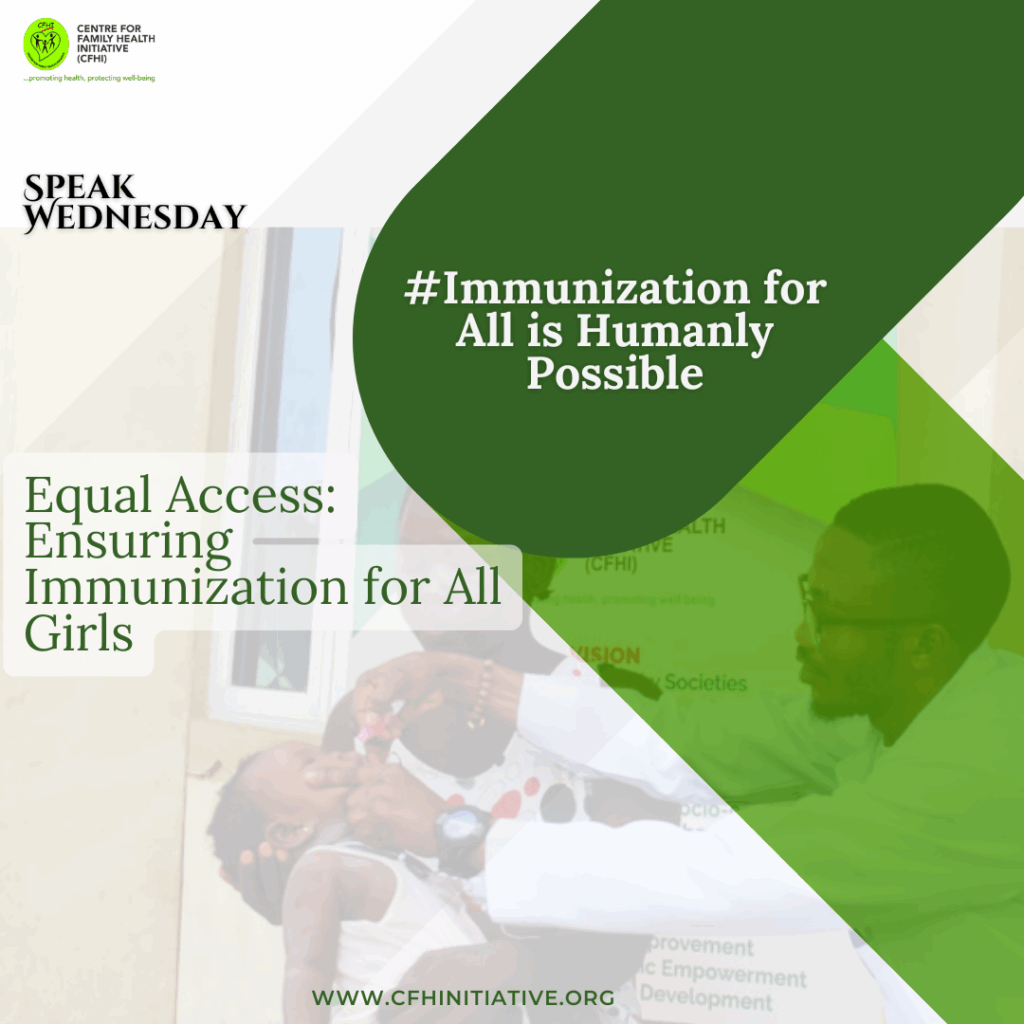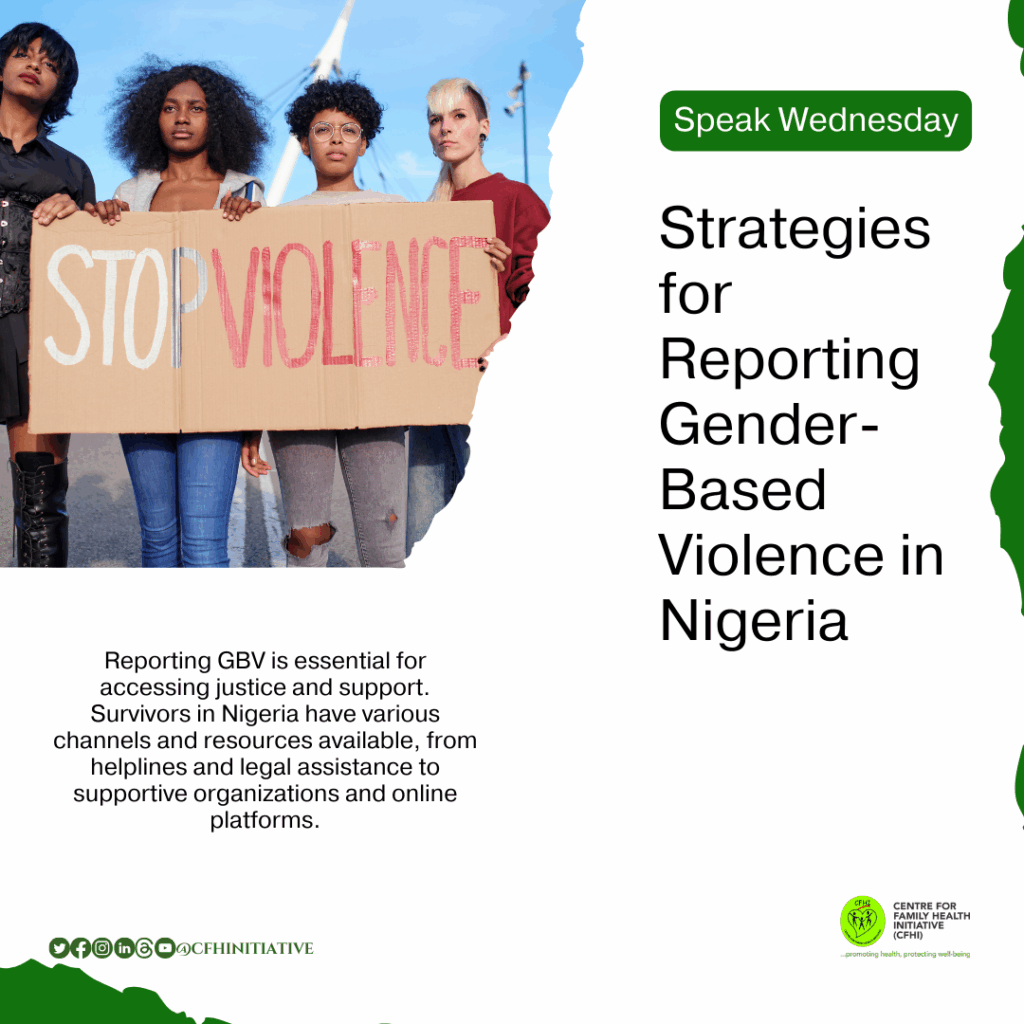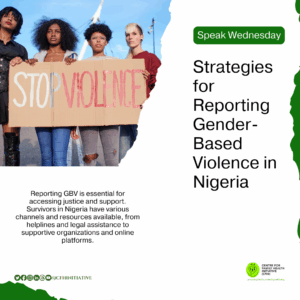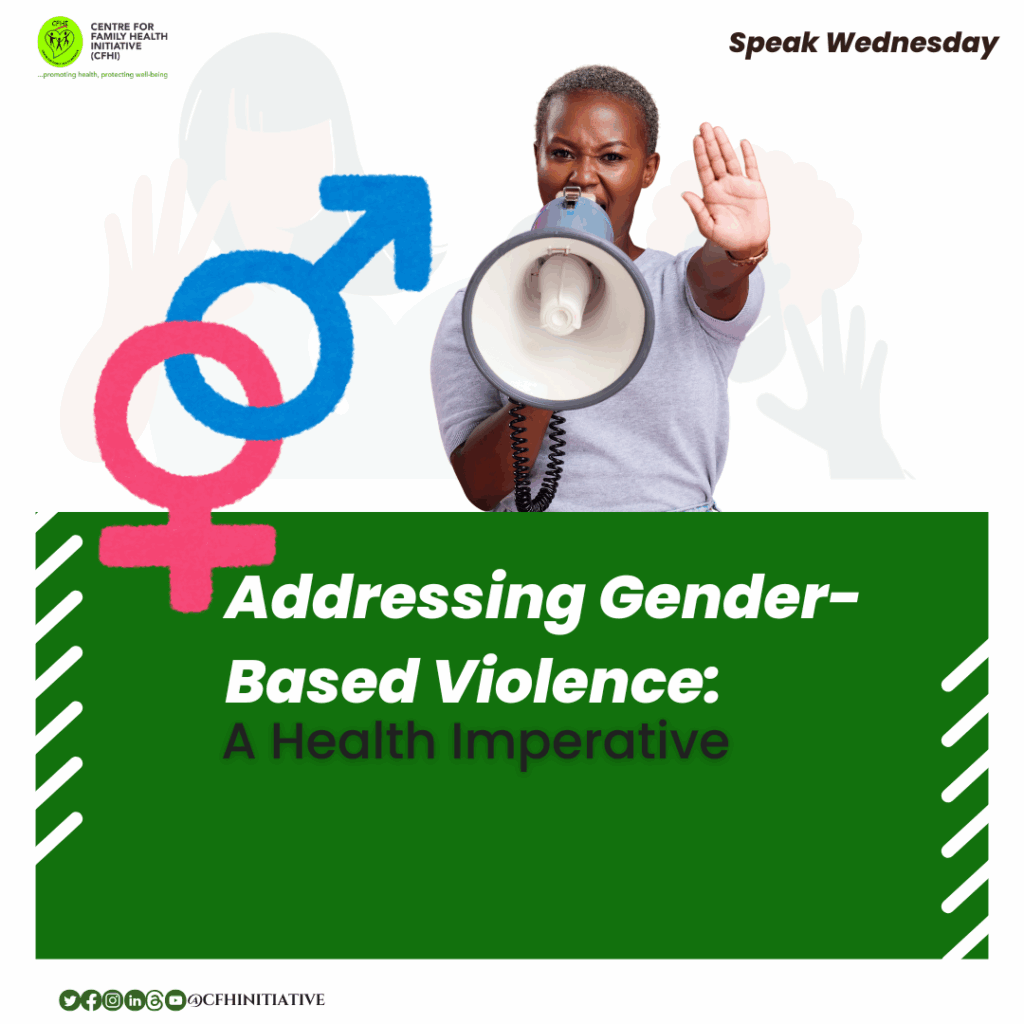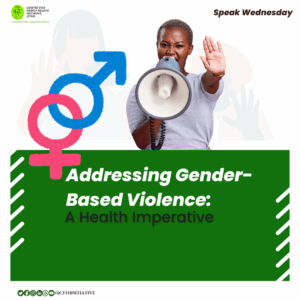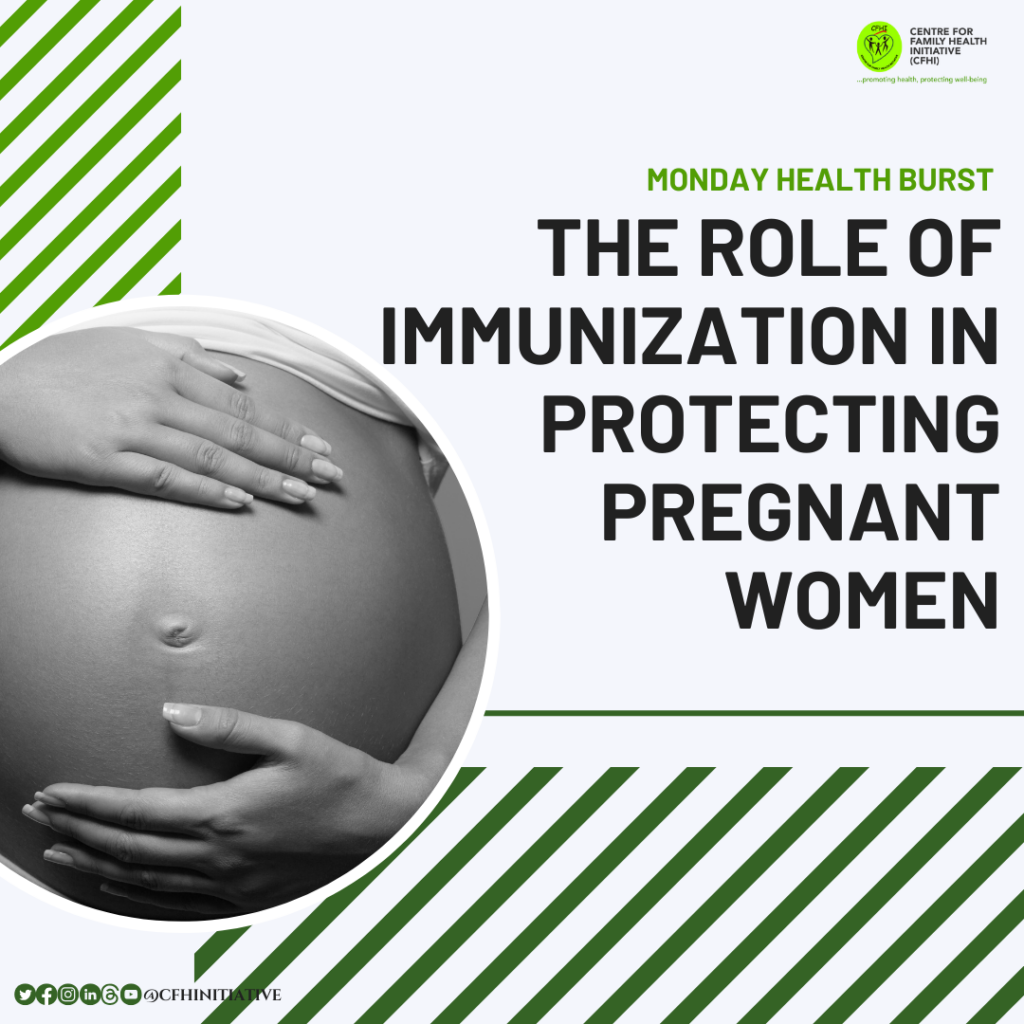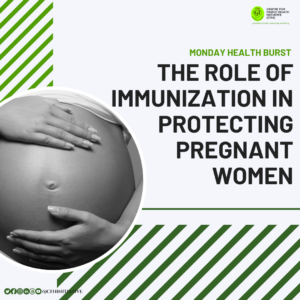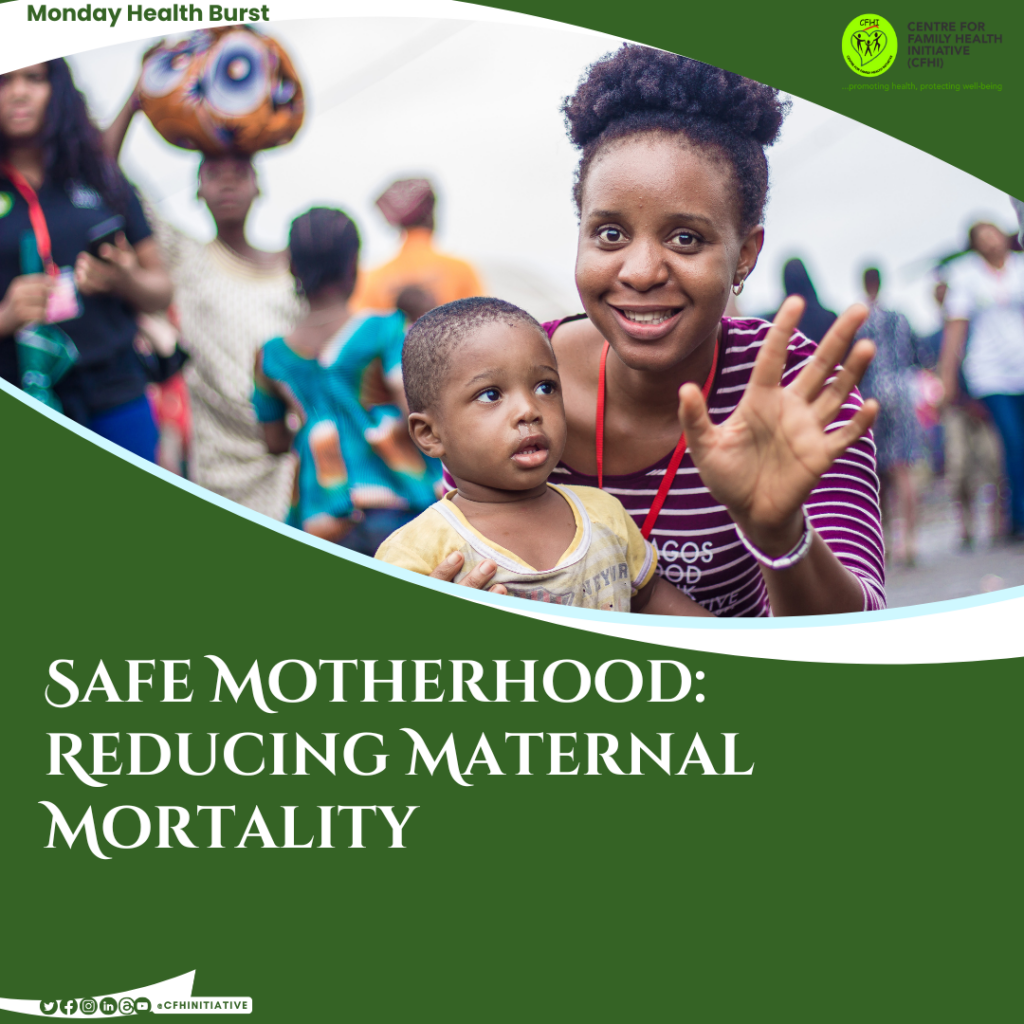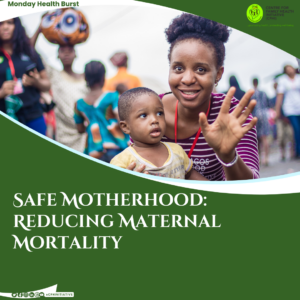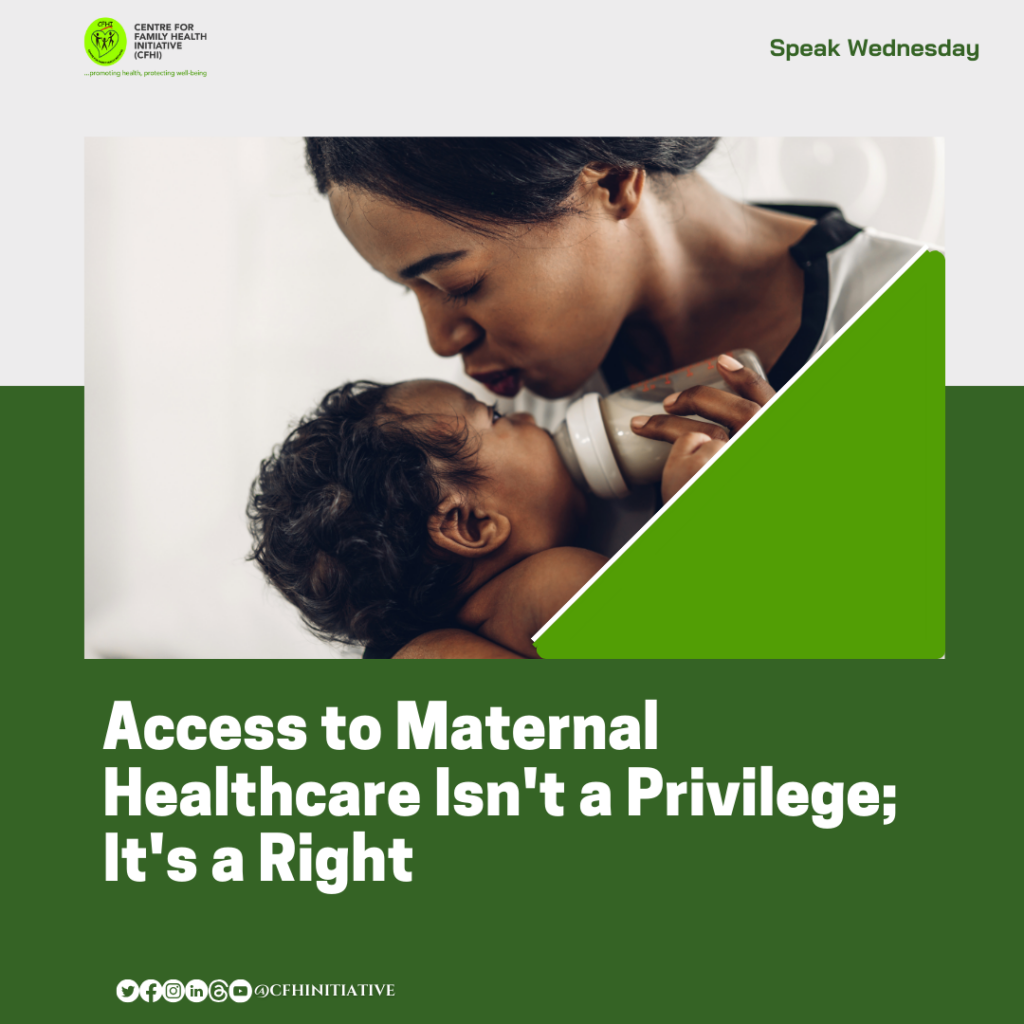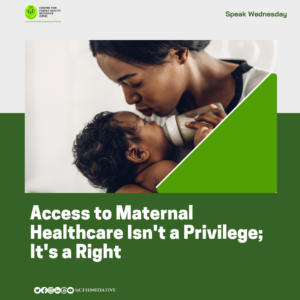SPEAK WEDNESDAY ON EQUAL ACCESS: ENSURING IMMUNIZATION FOR ALL GIRLS
In many parts of the world, a girl’s chance of survival and health is determined not by her strength or potential, but by her gender. This stark reality is especially evident in the realm of immunization. Despite vaccines being one of the most effective tools in preventing childhood diseases, girls in underserved communities often face significant barriers to accessing them.
The Gender Gap in Immunization
Gender inequality profoundly impacts immunization rates. Studies have shown that in countries with high gender inequality, children are more likely to miss essential vaccinations. Specifically, higher gender inequality correlates with a greater proportion of children who have not received any doses of the DTP vaccine, a critical immunization for preventing diphtheria, tetanus, and pertussis. (Why does gender matter for immunization? – PMC – PubMed Central, The Association between Childhood Immunization and Gender …)
In Nigeria, cultural norms and limited decision-making power among women contribute to lower immunization rates for their children. Women often lack the autonomy to make healthcare decisions, leading to missed vaccination opportunities for their daughters.
Empowering Women to Protect Their Children
Empowering women is key to improving immunization coverage. When women have greater autonomy and decision-making capabilities, they are more likely to ensure their children receive necessary vaccinations.
Initiatives that focus on gender equity, such as involving women in healthcare delivery and decision-making processes, have shown success. For example, the Centre for Family Health Initiative (CFHI) partnered with the Primary Healthcare Centre in Angwan Guragu, Karonmajiji to conduct a comprehensive program that included awareness sessions, immunization, and vaccination services aimed at addressing the healthcare needs of this population comprehensively, with a focus on prevention, education, and empowerment.
The Role of Community and Policy
Addressing gender disparities in immunization requires a multifaceted approach. Community engagement, education, and policy changes are essential. In Nigeria, efforts are being made to integrate gender considerations into immunization strategies. By recognizing and addressing the unique challenges faced by women and girls, these strategies aim to improve immunization coverage and health outcomes.
Conclusion
Every girl deserves the opportunity to grow up healthy and protected from preventable diseases. By addressing gender inequalities and empowering women, we can ensure that all children, regardless of gender, have equal access to life-saving vaccines.
Speak Wednesday is an initiative of CFHI to address issues around gender-based violence and gender bias.
References
- Current Trends of Immunization in Nigeria: Prospect and Challenges (Current Trends of Immunization in Nigeria: Prospect and Challenges)
- Nigeria Immunization Schedule – UNICEF (Nigeria Immunization Schedule – Unicef)
- Centre for Family Health Initiative – Vaccines (vaccines – Centre for Family Health Initiative)
- Breaking barriers, building bridges: the collaborative effort to reach every child in Nigeria – WHO (Breaking barriers, building bridges: the collaborative effort to reach …)
#SpeakWednesday #EqualAccess #ImmunizationForAll #GirlsHealth #GenderEquality #VaccinesWork #EndGenderBias #HealthForAll
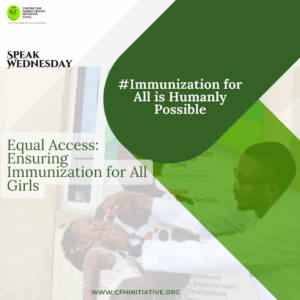
SPEAK WEDNESDAY ON EQUAL ACCESS: ENSURING IMMUNIZATION FOR ALL GIRLS Read More »

